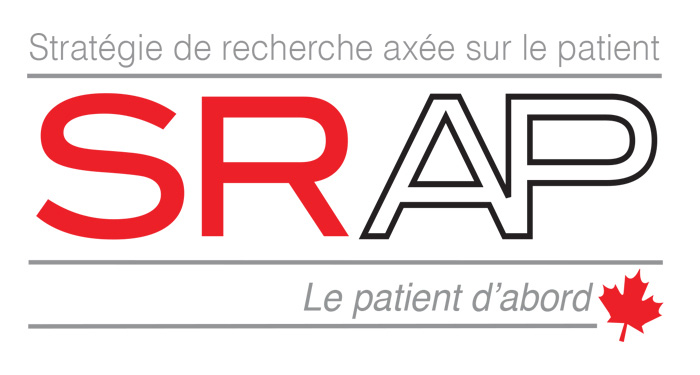Projet lauréat du concours analyse comparative des politiques et des programmes (été 2016) du Réseau ISSPLI (IRSC).
Responsables : Jeannie Haggerty; Yves Couturier; Marilyn Barrett; Shannon Berg; Anne Junker; Cheryle Tschupruk; Leanne Currie; Russell Dawe; Shelley Doucet; William Montelpare; Amélie Quesnel-Vallée; Denis Roy; Catherine Scott; Tara Stewart; Robin Urquhart; Jason Sutherland
Children and youth and older adults with serious chronic conditions and with limited or diminishing capacity to look after themselves independently often need their primary care providers to connect them to social services, public health services and community supports. These can be services such as home care, housekeeping, education aids, income assistance, legal services and respite care. Failure to connect to needed services leads to negative experiences for patients, caregivers and health professionals alike; it also leads to poor health outcomes and health system inefficiencies. The goal of this research is to help future development of models of care that connect smoothly across health, social and community services. We will study the policies and governing structures that restrict or allow connections in different provinces and territories. Then we will identify examples of successful and unsuccessful programs that were designed to connect services so we can learn from best practices and failures. We specifically focus on what hinders information sharing across services, again looking for examples of where information flow and linkage works. Better data linkage across multiple services is good for patient care, but it will also help researchers who want to study what happens to patients. Results from the study will help various teams who are currently planning to design and study these integrated service delivery models. We believe that the findings will also be relevant to other populations with complex needs like people with mental health and substance abuse issues.
Résultats:
- Haggerty, J. et al. (2023). Connecting Health and Social Services for Patients with Complex Care Needs: A Pan-Canadian Comparative Policy Research Program. Healthcare Policy 19, Special Issue.
- Haggerty, J. et al. (2023). Provincial Summaries of Governance Structures for Health and Social Services and Primary Care: A 2018 Canadian Snapshot.
- Transformation des modèles de première ligne au Canada : comment les services sont connectés entre les secteurs (infographie publiée en décembre 2021)
- Analyse comparée de programmes et politiques en 1er ligne, webinaire Réseau-1 Québec, présenté le 26 avril 2019
- Affiche scientifique présentée lors de la Journée annuelle 2018 du Réseau-1
- Affiche scientifique présentée à CAHSPR en 2018







